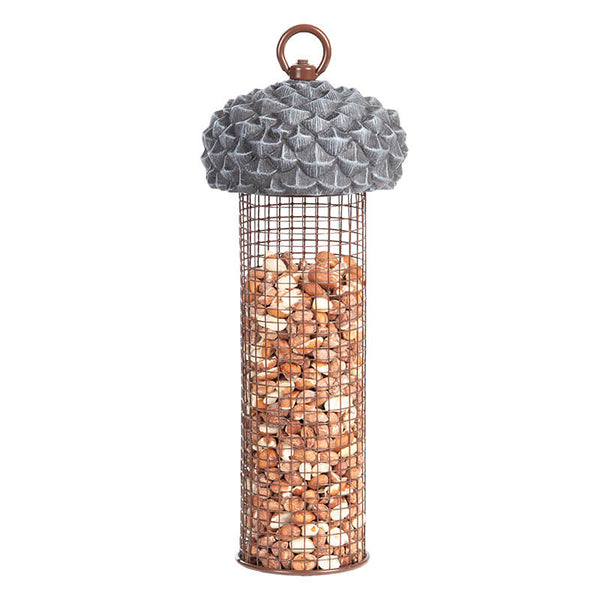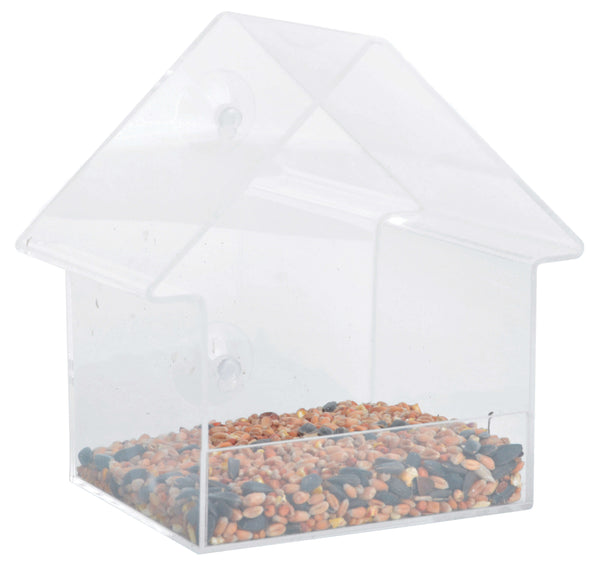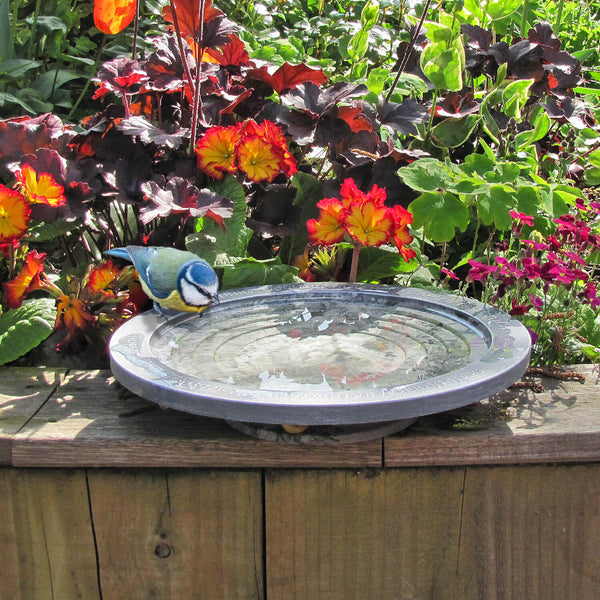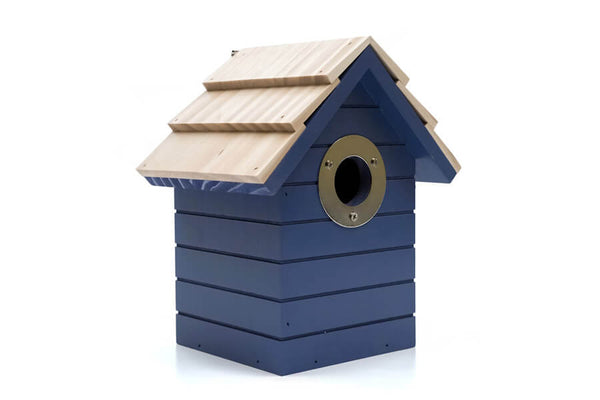The Role Of Birds Play In Our Ecosystem
Birds bring us so much joy, through their songs, nesting in nest boxes and funny little things they do, from song birds to sea birds and other species, they are a much loved part of our world.
Apart from being loved, bird species around the world play a key role in keeping our ecosystems healthy, and without them, the world would be a very different place.
Birds are even used as an early warning system, as problems detected in wild birds can let us know that there's something wrong in the environment, especially with challenges such as climate change.
It is estimated that birds eat 400 - 500 million tons of insects each year which is an incredible effort.(Imagine the world without birds eating all of these insects!)
It's easy to take them for granted, but they are, like many other animals, so important to natural processes around the world and we need them!
Pollination and Seed Dispersal

In the UK, birds like Thrushes, Blackbirds, and Finches play a role in seed dispersal. When they eat berries and fruits, they help spread the seeds across different bird habitat and pollinate plants, this promotes the diversity of plants and healthy ecosystems.
The dispersed seeds can lead to the growth of new plants and trees, which is crucial for forest regeneration and maintaining biodiversity.
While birds in the UK are less involved in pollination compared to other regions, their role in seed dispersal is critical for the continuation of many native plant species.
Agricultural Pests Control

Birds such as Owls, Kestrels, and various songbirds are natural pest controllers in the UK. They prey on insects, rodents, and other pests that can damage crops and spread diseases such as rabies.
For example, Barn Owls are highly effective at controlling rodent populations in agricultural areas, reducing the need for chemical pesticides. This not only helps farmers protect their crops but also promotes more sustainable farming practices.
Birds also help in controlling populations of caterpillars, aphids, and other insects that could otherwise devastate crops.
A Clean Up Crew
In nature, birds play the role of clean up crew. Although this doesn't sound too glamorous, it contributes to the health and balance of our ecosystem. By consuming dead animals, waste and organic matter they are "cleaning up" things that might have otherwise lead to disease and degradation.
Birds like crows, magpies, and gulls are known for their scavenging habits. These birds feed on carrion (dead animals), leftover food, and organic waste, which helps to keep environments clean.
By consuming carrion, they prevent the spread of diseases that could arise from decaying animal bodies. In the UK, gulls are often seen scavenging in urban areas, where they help reduce food waste on streets and in landfills.

In cities and towns, birds like pigeons, sparrows, and starlings also play a part in cleaning up food scraps and organic waste. While they can sometimes be considered pests themselves, their presence helps manage the accumulation of waste in public spaces.
Creating Habitat for Other Species
Their activities in nesting, feeding, and interacting with the environment help shape ecosystems, supporting biodiversity and promoting the health of various habitats.
Birds like woodpeckers play a critical role in creating nesting cavities in trees. These birds excavate holes in dead or decaying trees to create their nests. Once the woodpeckers move on, these abandoned cavities become essential nesting sites for other species, such as owls, bats, small mammals, and even some insects.
In the UK, the great spotted woodpecker is a key species in this regard, providing nesting opportunities for many woodland creatures.
Ecosystem Indicators
Birds are often referred to as "canaries in the coal mine" for a good reason—they are highly sensitive to changes in their environment, and humans, making them excellent indicators of ecosystem health. Monitoring bird populations and behaviours can provide early warnings about the state of the environment and the impacts of various ecological stressors.
Birds respond quickly to alterations in their habitats, whether due to pollution, climate change, habitat loss, or changes in food availability. For example, a decline in insect-eating birds like swifts and swallows in the UK has been linked to reductions in insect populations, which in turn may be caused by pesticide use or changes in agricultural practices.
Bird Species & Their Roles
Known for being the fastest bird in the world, peregrine falcons are vital predators in the UK, helping control populations of pigeons and other birds. They are often seen in urban areas, where they nest on tall buildings.
A beloved cultural symbol of Christmas, the Robin plays a role in controlling insect populations in gardens and woodlands. Their presence is also a sign of a healthy garden ecosystem.
A key player in agricultural pest control, Barn Owls help manage rodent populations, which is particularly beneficial to farmers.
Often seen on rivers and lakes, Mute Swans contribute to maintaining aquatic vegetation balance. Their foraging habits help prevent overgrowth of certain plant species, supporting a diverse aquatic ecosystem.










